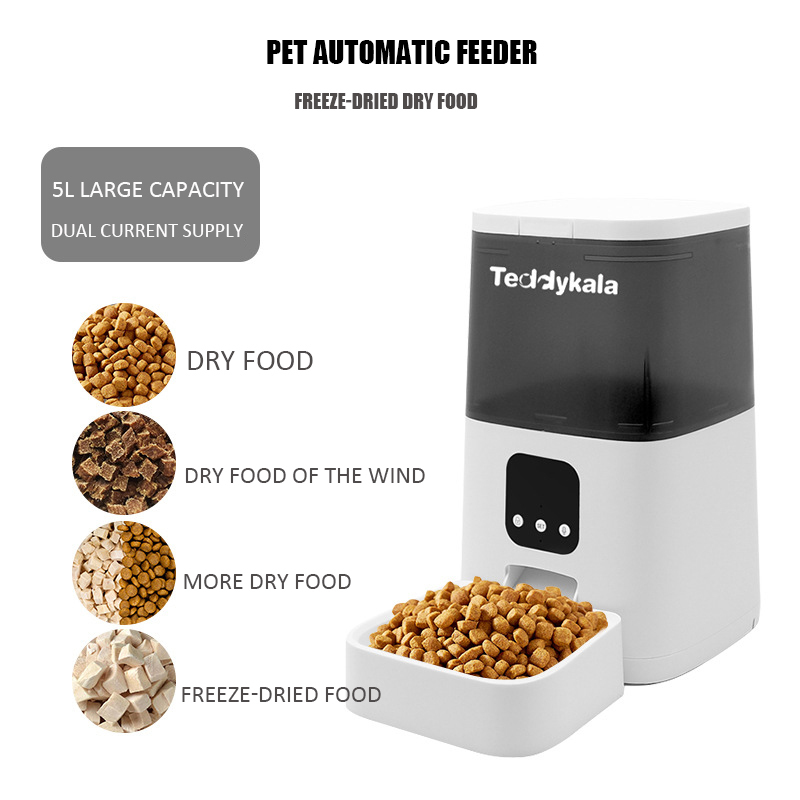Tips: How to Care for a Pregnant Dog from TEDDYKALA's blog
If you’ve been planning to help your funny dogs bring new puppies into the world, her pregnancy can be an exciting time! Before and during your pooch’s pregnancy, you should educate yourself on how to care for her. It’s important to ensure that she gets the proper nutrition and vet care and that she feels safe and happy for a healthy pregnancy. Here’s how to care for a pregnant dog:

What to Expect When Your Dog is Expecting
Dogs are normally pregnant for about 63 days. Similar to humans, pregnancy in dogs is divided into three trimesters of equal length. For the first few weeks, your dog will show few signs that she’s pregnant. She may gain a little weight, but other than that she will show no changes. During the third or fourth week, changes in her hormones may cause a little morning sickness. If she seems tired and avoids food, then offer her small meals throughout the day. Eat less high-fat food, too much fat will make the uterine wall too smooth, leading to a higher probability of failure to fertilize the egg. Drink clean water, do not give too cold water, keep it at room temperature, try to ensure that it is changed once a day, do not drink water on an empty stomach, do not drink water immediately after strenuous exercise, and pay special attention to prevent binge drinking. Because binge drinking is likely to cause intestinal cramps, uterine contractions, resulting in the rupture of the fetal membrane vessels and miscarriage.
Being Gentle
Between the 28th and 35th days of pregnancy, it’s possible to feel walnut-sized puppies inside your dog. However, you shouldn’t try this yourself – only someone trained in vet care can do it safely.
When your dog is pregnant, you should be very careful about how you handle her. Her puppies are fragile and could be harmed if her belly is touched too roughly.
Exercise
Exercise is important! It helps to preserve your dog’s well-being and keeps her in good shape during pregnancy. You should make sure she gets regular – but not strenuous – exercise. Medium-sized dogs are the dogs that are bred in larger numbers. Medium-sized dogs are judged by the amount of activity the dog gets when choosing dog food. If the dog is more active, the nutritional needs are greater. Energy and protein are the nutrients they need.
Nutrition
Be careful if you choose to give your dog supplements. Getting too high a dose of certain nutrients can harm the puppies. In fact, a supplement may not even be necessary if you’re feeding her a high-quality dog food that’s fortified with all the essential vitamins and minerals.
If you’re unsure of how to best meet your dog’s nutritional needs, it’s a good idea to talk with your vet. The American Kennel Club recommends that as your dog gains weight in the final five weeks, you should gradually increase the amount that you feed her. Work up to giving her 35-50% more than usual. She should be fed in small meals throughout the day as larger meals might make her feel uncomfortable. Here we recommend you teddykala’s cat beds, which can help you solve related problems.
If you’re a newbie with delivering puppies at home, have an extensive conversation with your vet. Talk about what you need to do during the delivery and how to care for newborn puppies. Make sure you are prepared with all the supplies you will need. If you know any experienced breeders, this is a good time to call in a favor – ask if they’ll be present during the birth.

The Wall